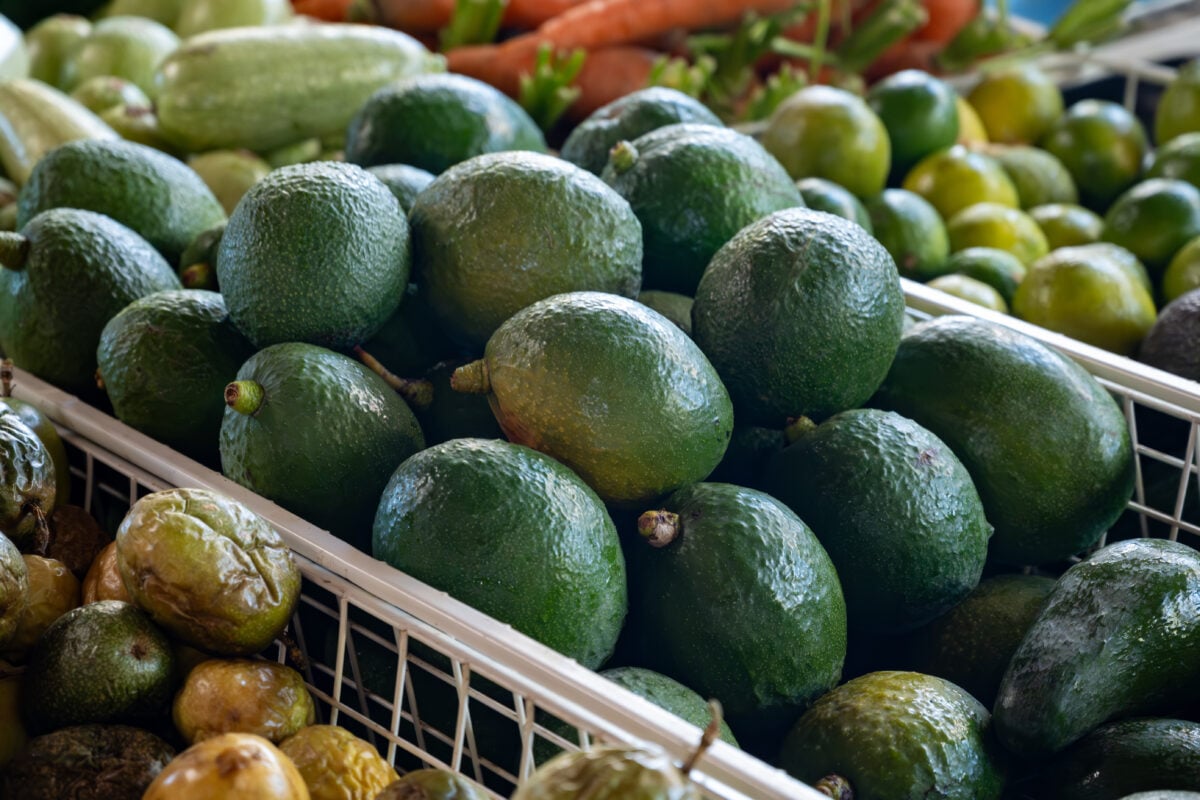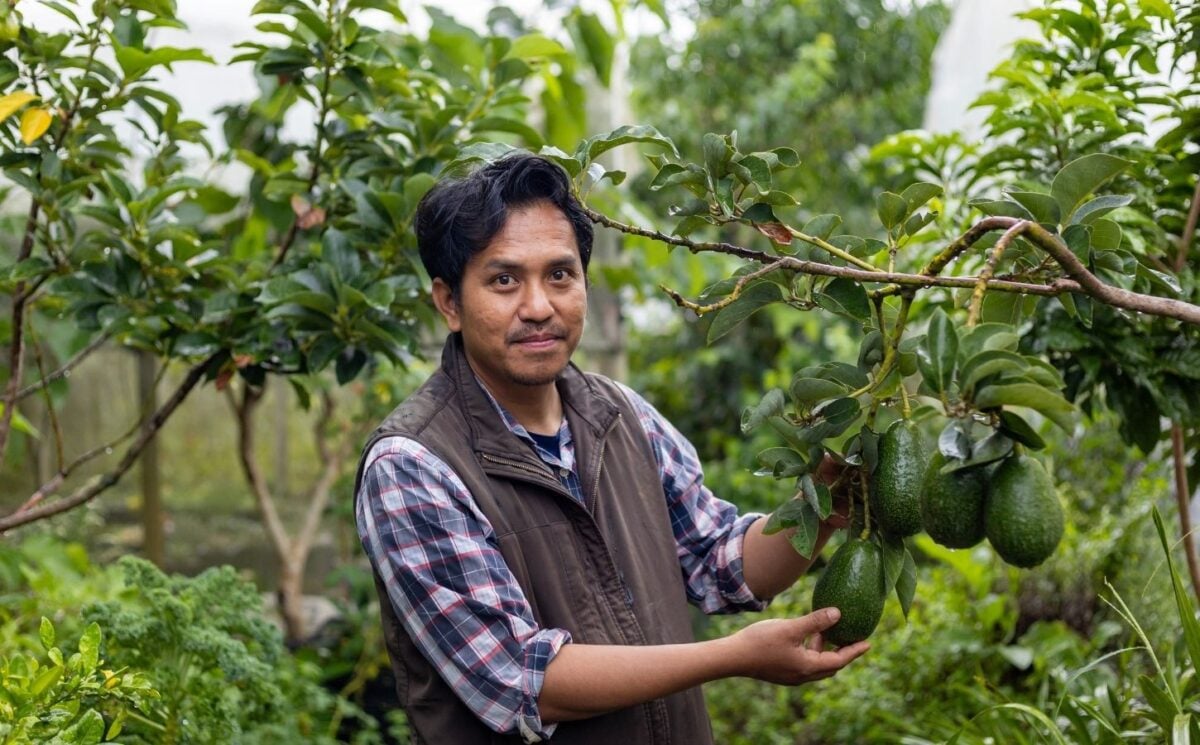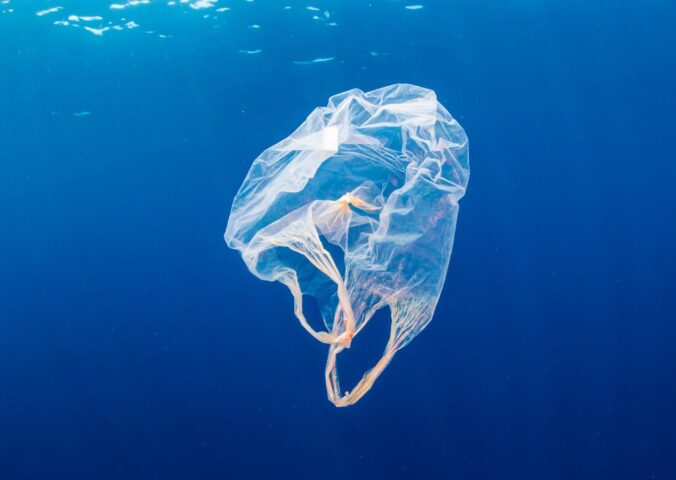A new report predicts that the worsening climate crisis could cause a 14 to 41 percent decline in the areas used for growing avocados by 2050.
Read more: Jane Goodall And Leonardo DiCaprio To Produce Live-Action Film Told From Dog And Wolf’s Perspective
The report, published by Christian Aid and titled ‘Getting Smashed: The Climate Danger Facing Avocados,’ assesses existing environmental data and speaks to some avocado farmers on the front line of extreme weather events and global warming.
Mexico, Spain, Chile, and Columbia – the current major avocado-producing countries – all face a dramatically changing environment over the next few years of the climate crisis. And the worse global mitigation efforts are, the worse the outcome.
For example, Mexico, the world’s biggest producer, could see a reduction of 31 percent by 2050 even if global average temperatures were limited to under 2C. If temperatures reach 5C warming, then growing areas could fall by almost half.
“We are experiencing hot temperatures, heavy rain, and erosion which is having a terrible impact on farmers’ productivity and their income,” said Farmers’ Pride leader Jolis Bigirimana, based in Burundi, Eastern Africa. “We only have a very short period of rainfall here in Burundi and during that period avocado growers used to water their plants.”
Read more: Switzerland’s Inaction On Climate Crisis Breaches Human Rights, Says Landmark Court Case
Mitigating the climate crisis could reduce the decline of avocados

While avocados are better for the planet than animal products, they do have their own environmental issues. Avocado farming is notorious for its water consumption, which makes the large-scale growth and export of the fruit to match increasing global demand unsustainable. Like the coffee bean, its high impact comes from bypassing locals to reach a huge global audience.
This trend is expected to continue, too. According to the OECD/FAO Agricultural Outlook 2021 – 2030, avocados will become the second-most widely traded tropical fruit after bananas by the end of the decade. Global production is expected to reach a staggering 12 million tonnes, also by 2030, which will be three times more than at the start of the decade.
Despite the avocado’s reputation as a healthy but frivolous Millennial luxury enjoyed in the wealthiest parts of the world, Christian Aid notes that, in addition to farmers’ reliance on the crop for income, many people rely on the fibrous, vitamin-rich fruit for essential nutrition.
As explained by Christian Aid, limiting global heating to under 2C will make an enormous difference to how bleak the outcome is for avocado farmers and all those who rely on the fruit. However, just last week, hundreds of climate scientists predicted at least 2.5C warming.
Read more: Academics Call Out FAO For Leaving Meat Reduction From Food Emissions Plan
‘The weather is now more extreme’
The world’s current climate policies are in keeping with approximately 2.7C warming, and very few of the surveyed scientists seemed to believe a significant further reduction in emissions is particularly likely in the coming years.
Just 25 percent of respondents thought global temperatures could be kept below 2C. This would see nearly 40 percent of the global population exposed to severe heat waves at least once every five years.
Severe heat waves already negatively impact crop yields worldwide, but particularly in warmer areas like the avocado-growing regions of Mexico, Spain, Chile, Columbia, and Eastern Africa, where Bigirimana is from, which are already experiencing notable environmental changes.
“Because of climate change the weather is now more extreme and this has affected our productivity,” added Bigirimana. “It now costs us a lot of money to water our crops which has affected our income and is a threat to our livelihoods.”






